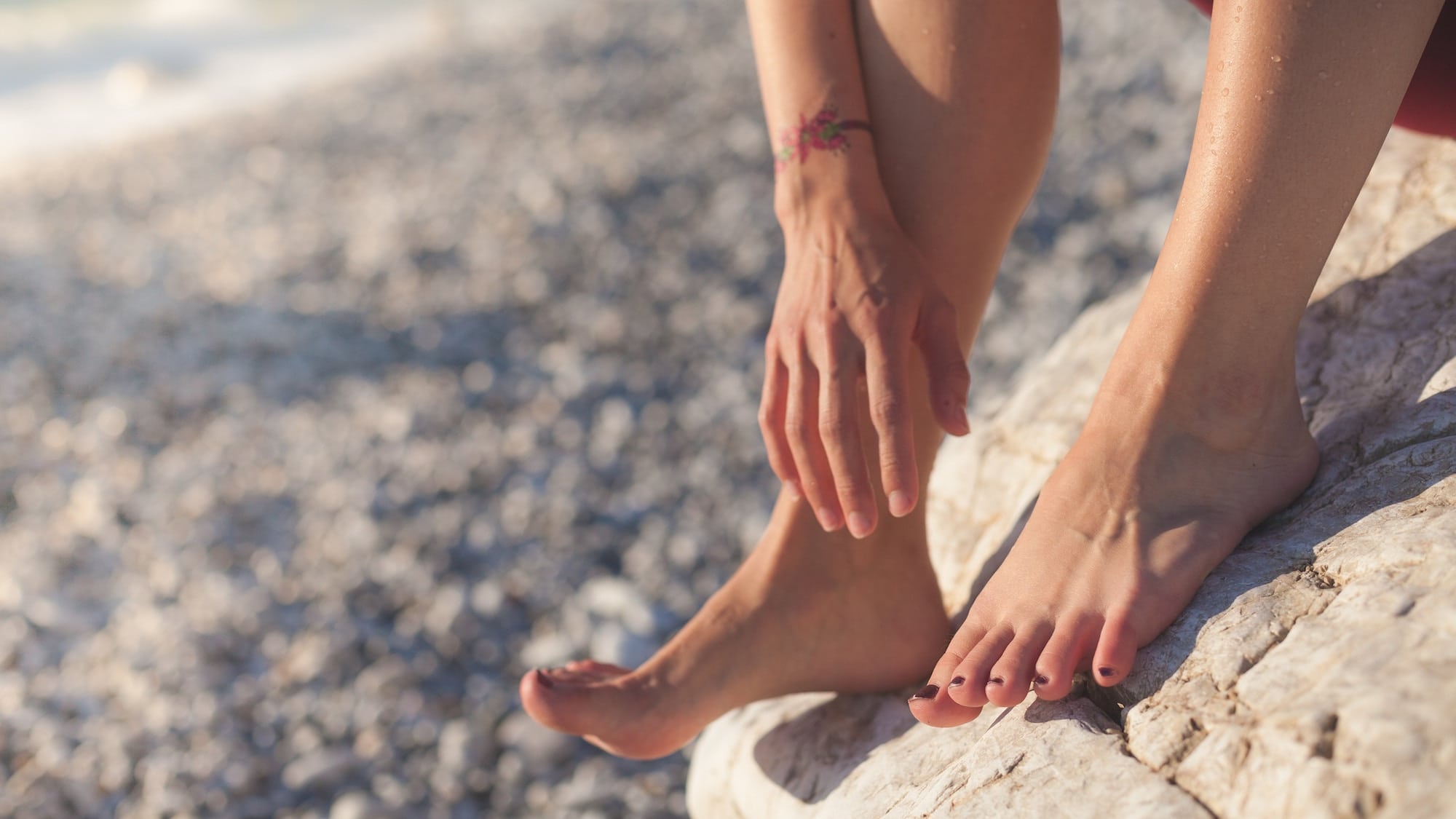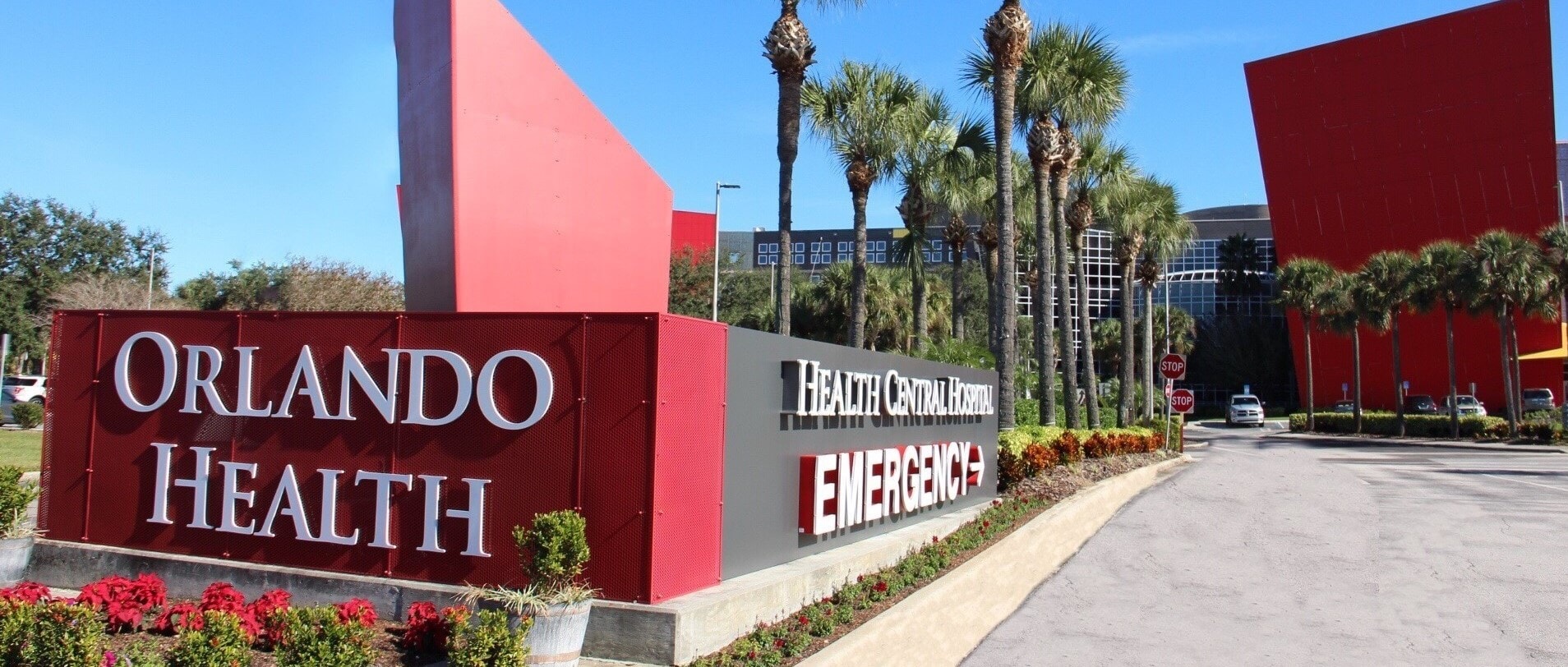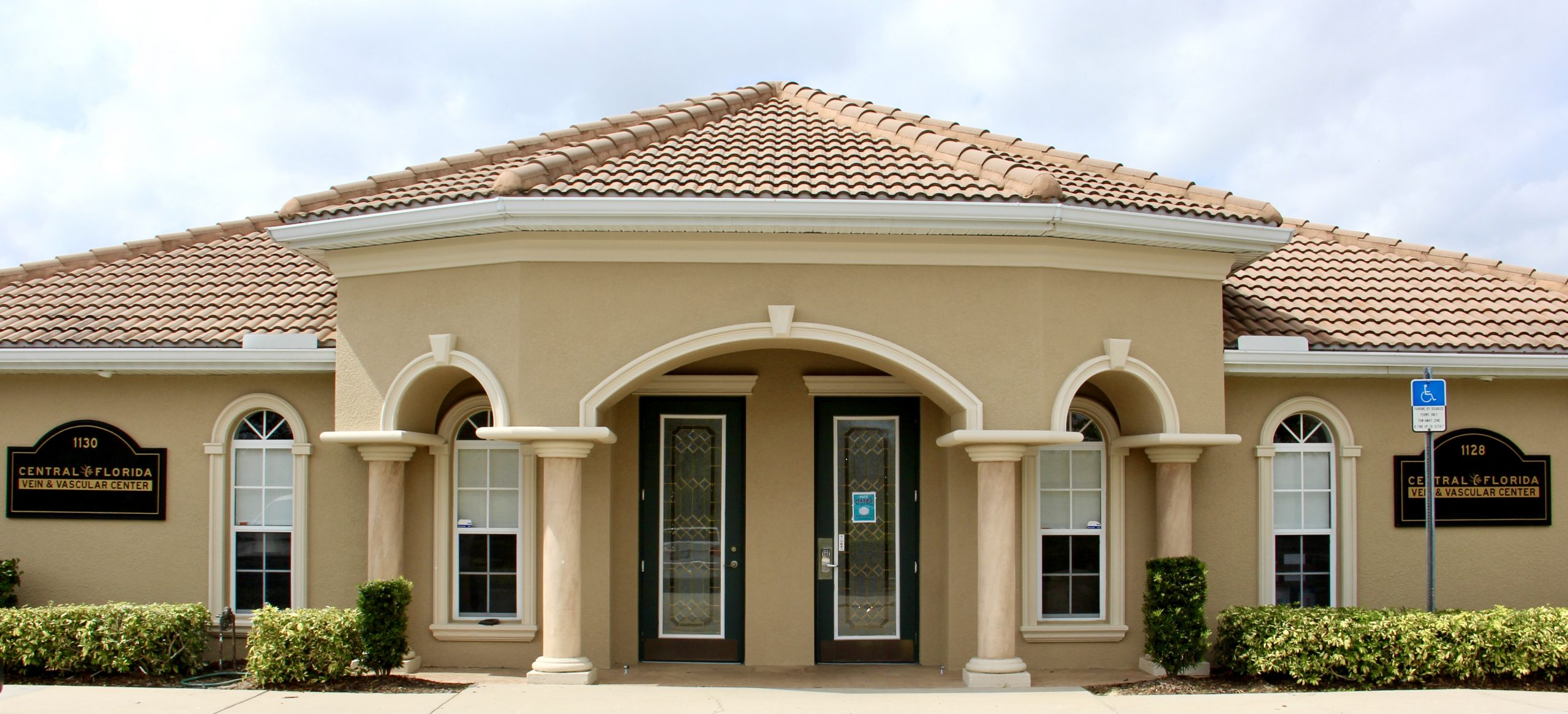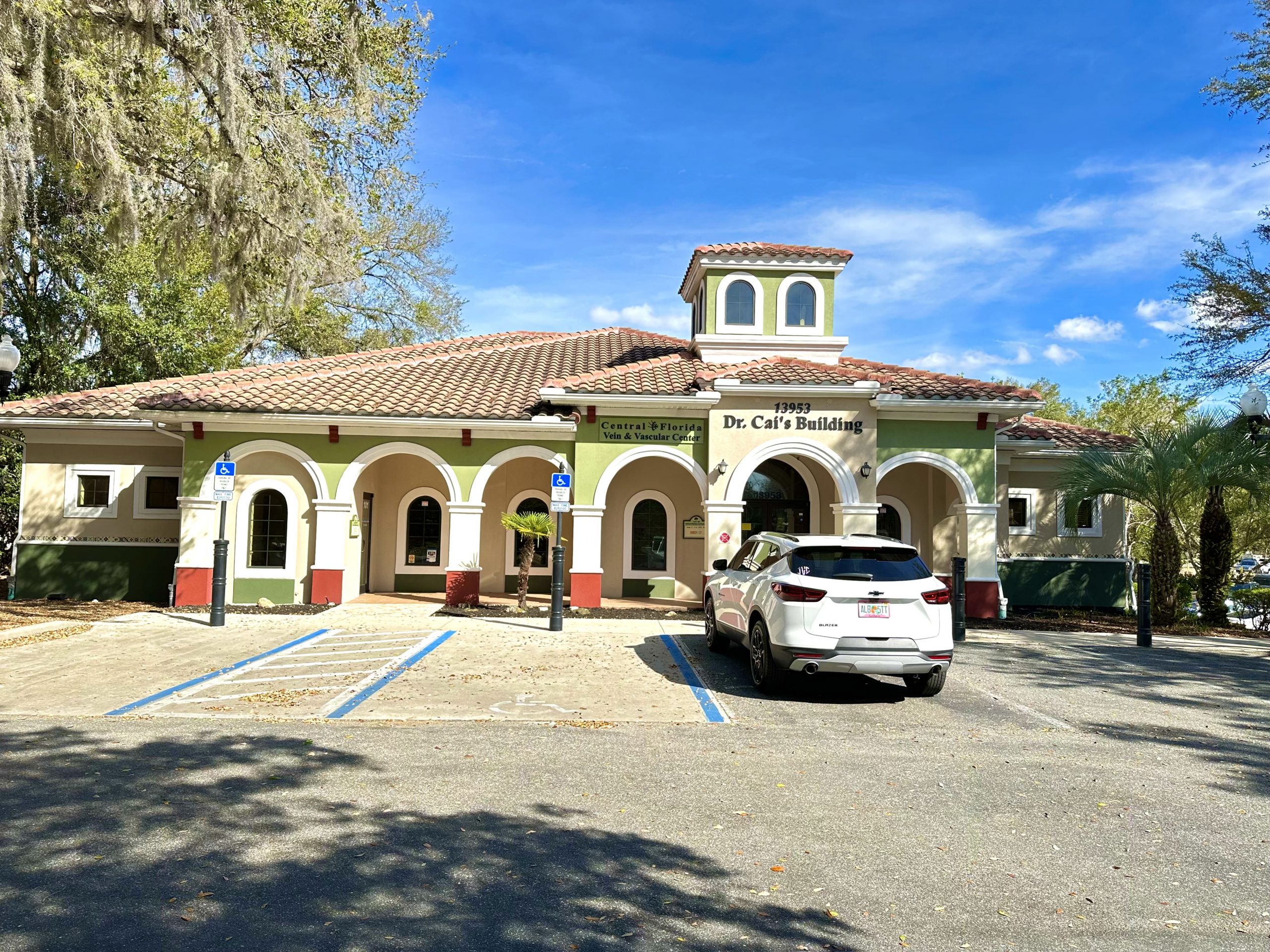Did you know that varicose veins can bleed? While this is the exception and not the rule, there is potential for bleeding from the affected vein, and a varicose vein that bleeds for any reason needs to be treated. CF Vein, the best vascular surgeons in Orlando, want to help you learn about the importance of treatment, your treatment options, and what steps you can take for proper care.
Why Do Varicose Veins Bleed?
Your veins are responsible for pumping the blood in your body back to your heart. However, the vein valves in your leg face a unique challenge — they have to work twice as hard against gravity to push blood upward. Over time, these veins can get tired or damaged, and blood flows backward and backs up into the veins in the leg near the skin. The veins become enlarged and twisted due to increased pressure within them, and sometimes this causes these veins to bleed. The factors that cause bleeding include:
- Thin skin: As veins swell and grow, the skin that covers them is stretched and thinned.
- Weak or thinning walls: The walls of the varicose veins weaken and thin. This is part of the reason why blood does not flow normally to the heart.
- Blood thinners: Are you on any medications that thin your blood, such as aspirin or another anti-inflammatory? These can contribute to the likelihood of bleeding veins.
- High pressure: High pressure in varicose veins occurs when the blood doesn’t flow freely back up to the heart, and as aforementioned, this buildup of pressure can lead to bleeding.
- Injuries: Even the smallest injury to a varicose vein can cause it to bleed.
- Open wounds: If you have an unhealed sore that’s developed near a varicose vein, bleeding is more likely. Make sure that you take care to treat any open wounds.
How To Know If You Have Bleeding Varicose Veins
Sometimes bleeding occurs outside the skin’s surface, therefore you will see the blood. But when the bleeding takes place under the skin, the blue or purple discolored area spreads beyond the vein and becomes visible.
Monitor Your Symptoms
If you’re concerned that you have a bleeding varicose vein, it’s important to schedule a consultation with a qualified professional. In order to answer their questions and receive the best treatment possible, carefully monitor your symptoms. Take note of when you first see any bleeding, and examine yourself for cuts, injuries, or skin abnormalities near the affected area. You can also order imaging tests, which create detailed pictures of the veins. Make sure that you come prepared to talk about your overall health and history with varicose veins.
Learn More about Symptoms:
- Spontaneous Rupture & Bleeding
- Varicose Vein Symptoms
- Itchy Varicose Veins
- Varicose Veins And Your Skin
- Why Do I Have Varicose Veins Around My Ankles?
- Clots, Ulcers, Bleeding
- Poor Circulation
- Bulging, Rope-like Veins
- Why Varicose Veins Can Cause Ulcers
How To Stop Varicose Veins From Bleeding?
To prevent any future bleeding, be extremely cautious in situations where you could cut your legs, such as shaving, gardening, or biking. When you’re relaxing, keep your legs elevated as much as possible, and lie down when you can.
Treatment Options For Bleeding Varicose Veins
Treatment depends on each individual patient. The cause of the bleeding and its severity determines what steps you should take, and a consultation with a professional will help you learn about what’s best for you. However, you can start by applying an antibiotic cream on sores that aren’t healing, wearing compression stockings, and elevating your legs above your heart.
If your doctor recommends closing off or surgically removing your bleeding varicose veins, they might suggest one of the following minimally invasive treatments:
- Sclerotherapy: Talk to your doctor about spider vein sclerotherapy and ultrasound-guided foam sclerotherapy. For this treatment, a specialist will insert a sclerosing agent into the vein, causing it to inflame and become less visible after healing.
- Radiofrequency vein ablation: Radio waves produce an electrical current, which cauterizes and closes the vein.
- Phlebectomy: The affected vein is surgically removed through small incisions made over the varicose vein; these incisions are generally 1-2mm and are small enough to not need stitches or leave a scar.
- Vein ligation and stripping: After the varicose vein has been tied (ligated), it’s surgically removed through incisions made over the varicose vein.
Learn more about treatment options:
- Overview of treating varicose veins
- How Vein Treatment Has Changed
- Most Common Treatment Options for Varicose Veins
- Am I Too Old to Treat My Varicose Veins?
- Men Opting for Varicose Vein Treatments
- Treating Varicose Veins: Laser Heat or Radiofrequency?
- Varicose Vein Treatment Severity
- Best Season to Choose for Treating Varicose Veins
Home Care
Continue to apply any creams that your healthcare provider prescribed, and wear compression stockings as directed. Make sure to confirm how often you should wear them and for how long. If any veins are removed, ask your doctor how often you should change your bandage (or dressing), whether the area can get wet, or when you can leave the skin uncovered. Keep an eye on your skin every day, searching for any new sores or signs of bleeding.
When To Seek Treatment
If your veins are continuing to bleed or you develop new sores — or if a current sore does not heal and gets bigger — you should seek medical care. You should also talk to your doctor if you have increased leg pain; a warm, red, or tender area around the varicose vein; an odious, yellow-tinted fluid coming from a spot where there was bleeding; or if you have a fever. If you have chest pain, difficulty breathing, or severe leg pain, seek care immediately.
Learn More About Choosing a Doctor:
Untreated Varicose Vein Risks
Untreated varicose veins have a higher risk of spontaneous rupture and bleeding, so it’s important that you monitor your symptoms and take steps toward a healthy lifestyle!
Learn More About Risk Factors, Complications, Warning Signs,
If you have any questions about your vein health, don’t hesitate to give us a call. Schedule a consultation with the best vascular surgeons in Orlando by contacting us at 407-545-3385 or 352-658-5547 today.




